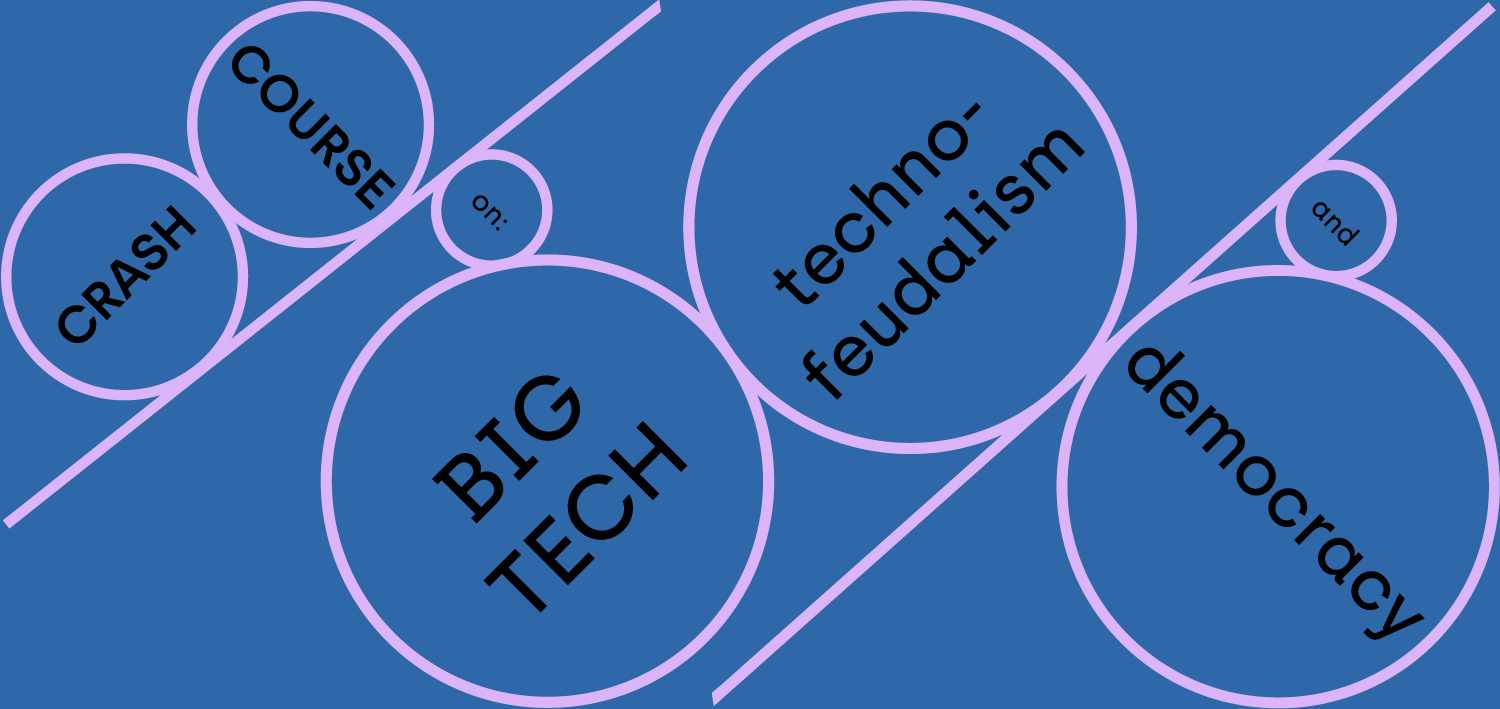
#1 The rise of Technoscientific Capitalism — with Kean Birch
In this first Crash Course episode of the series on Big Tech, Techno-feudalism and Democracy, we will take a birds eye view of the issues before we dive into more specific issues in the episodes to come. To do this, we have invited York University professor Kean Birch, specialised in Big Tech and emerging forms of digital rentiership.
We will ask him:
What are the key concepts we need to understand our age of technoscientific capitalism?
Have we seen similar socio-economic transformations and rapid technological change before, or are we on uncharted terrain?
How does the rise of Big Tech relate to the financialization of capitalism and neoliberalism more generally?

Professor at York University, Canada who's interested in Big Tech and emerging forms of digital rentiership; obsessed with thinking about assets!
Birch is particularly interested in understanding technoscientific capitalism and draws on a range of perspectives from science & technology studies, economic geography, and economic sociology to study it. More specifically, his research focuses on the restructuring and transformation of the economy & financial knowledges, technoscience & technoscientific innovation, and the relationship between markets & natural environments.
Check out Kean Birch's writing at http://www.keanbirch.net/ and https://keanbirch.medium.com/
Podcast
In this third Crash Course series we turn to one of the biggest winners of the Covid-19 Pandemic: Big Tech. These increasingly powerful and financialized firms routinely represent themselves as ‘innovators‘ and ‘problem solvers‘ and self-proclaimed forces for good by connecting ‘users’ worldwide. But are the solutions provided by Big Tech as good as they contend? What does the rise of Big Tech entail for the sovereignty of countries in the Global South? How can we organize democratic control as capitalism moves into an unknown socio-technological phase? And how might we embrace technology as a force for good?
